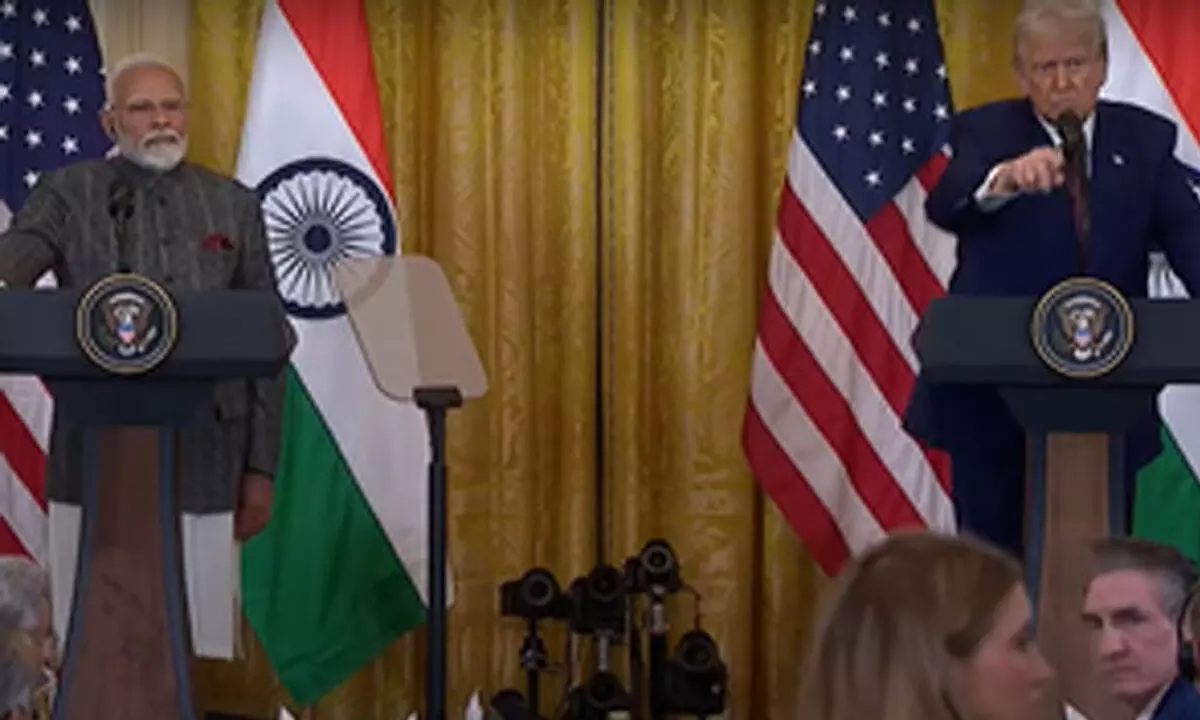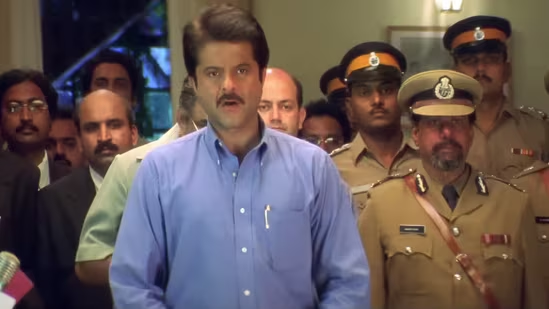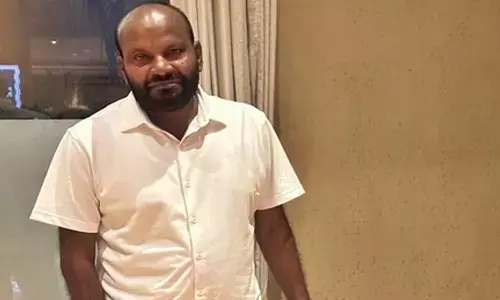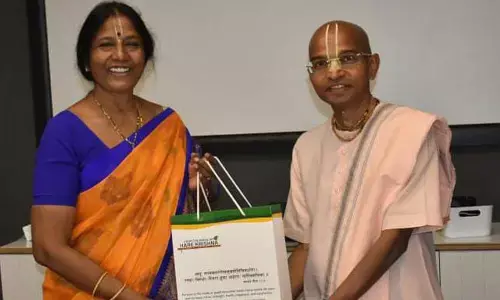Modi-Trump White House Meeting: Trade Tensions Simmer Beneath Diplomatic Warmth

Prime Minister Modi's White House visit with President Trump showcases diplomatic cordiality while underlying tensions persist over trade tariffs, immigration, and defense cooperation.
The meeting between Indian Prime Minister Narendra Modi and US President Donald Trump at the White House revealed a complex diplomatic dance of public friendship masking deeper policy disagreements. While the leaders exchanged warm embraces and compliments, significant tensions simmered beneath the surface, particularly regarding trade and immigration policies.
Trump, while praising Modi as a "great friend," remained firm on his trade stance, implementing a new reciprocal tariff policy affecting India just before the meeting. Modi responded diplomatically, promising to protect Indian interests while offering increased defense equipment purchases and energy imports from the US.
The visit garnered varied international media coverage. Reuters and Associated Press emphasized the trade tensions, with Trump's persistent criticism of India's "very high" tariffs taking center stage. The New York Times noted how both leaders strategically downplayed their disagreements, with Modi even adopting Trump's campaign rhetoric by declaring "Make India Great Again."
A significant development emerged in counterterrorism cooperation, with Trump pledging to extradite Tahawwur Rana, connected to the 2008 Mumbai attacks, to India. The meeting also addressed defense agreements worth billions of dollars, though Modi maintained India's neutral stance on the Ukraine conflict, emphasizing his country's commitment to peace.
The visit highlighted both countries' efforts to maintain strong bilateral relations despite disagreements over trade policies, immigration enforcement, and global political alignments. Modi's diplomatic approach involved balancing Indian interests while accommodating US concerns, though questions about certain issues, such as the treatment of undocumented Indian immigrants in the US, remained largely unaddressed.














